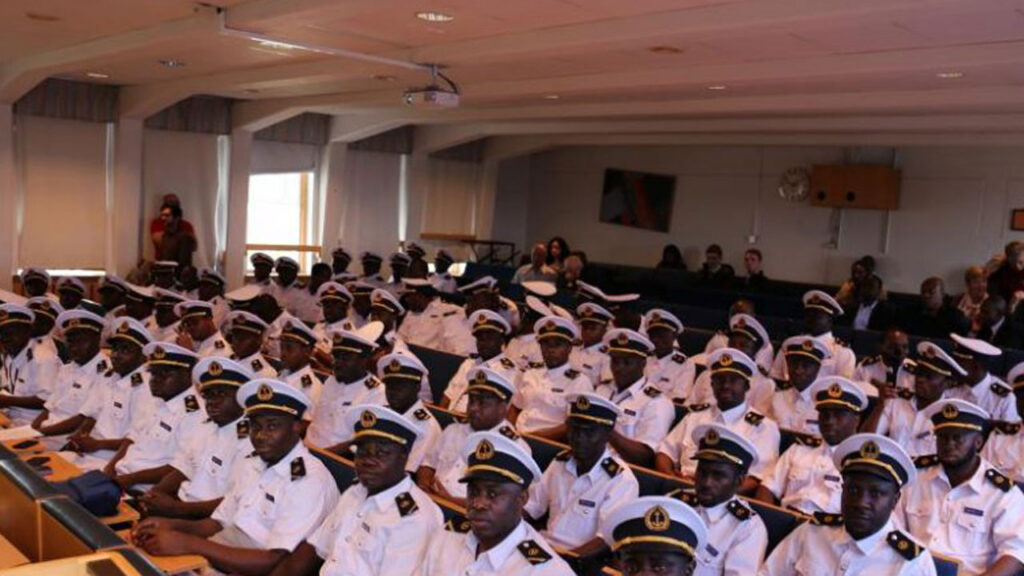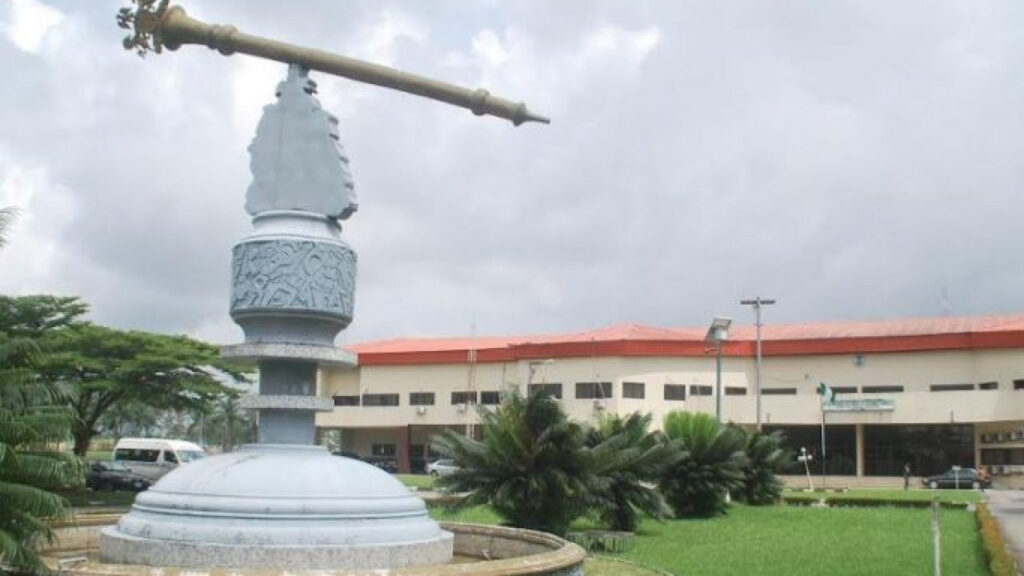
Despite the investment of over N16 billion in training 2,476 cadets through the National Seafarers Development Programme (NSDP) in the past 15 years, only 100 Nigerian seafarers are employed on international merchant ships, representing an insignificant portion of the 78,000 certified seafarers across Africa.
This was disclosed by the International Transport Workers Federation (ITF) during the visit of its officials to Nigeria, highlighting a significant underperformance in global seafarer employment from the region.
The NSDP, initiated by the Nigeria Maritime Administration and Safety Agency (NIMASA) in 2008, was designed to boost the number of trained and certified seafarers within Nigeria’s maritime industry and improve their global employment prospects. Despite these efforts, the ITF has pointed out that the overall number of African seafarers is markedly low compared to the global figure exceeding one million certified personnel working on international vessels.
The ITF’s Africa Regional Secretary, Safiyanu Muhammed, expressed concern over both the whereabouts and employment status of NSDP-trained seafarers, underscoring the disheartening reality that a vast majority of these individuals remain unemployed.
According to Muhammed, the situation calls into question the efficacy of the NSDP and the quality of training provided. The situation highlights the significant gap between the goals of the NSDP and the actual outcomes, with a startling 95 per cent of trained cadets unemployed according to MESAN’s Secretary-General, Captain Alfred Oniye.
This high rate of unemployment among NSDP-trained seafarers points to deeper issues within the training and employment alignment, necessitating a re-evaluation of how the programme prepares cadets for the competitive global maritime labour market.
The former Director General of NIMASA, Dr Bashir Jamoh, had detailed the outcomes of the NSDP, noting that while 979 cadets had obtained their certificates of competency, only 476 found paid employment, and 375 cadets were in seatime training with 438 awaiting certifications after completion of their training.
The programme has also faced setbacks, including the loss of 12 beneficiaries and the withdrawal of 153 others. The ITF critique extended to the practice by NIMASA of issuing limited certifications, which restrict Nigerian seafarers’ opportunities in contrast to peers with unlimited certificates from other nations.
Muhammed cited the Regional Maritime University (RMU) of Ghana as a benchmark for quality maritime training globally, suggesting that Nigeria should emulate Ghana’s investment in human resources within the maritime sector.
He said this stark assessment calls for a strategic re-evaluation of Nigeria’s approach to maritime training and employment. Muhammed emphasised the need for improved training facilities, broader certification processes, and policies focused on enhancing employment opportunities for Nigerian seafarers on a global scale.
He further stated that the situation presents a critical challenge to policymakers and industry stakeholders to ensure that investments in maritime education translate into tangible career opportunities for Nigerian seafarers internationally.













